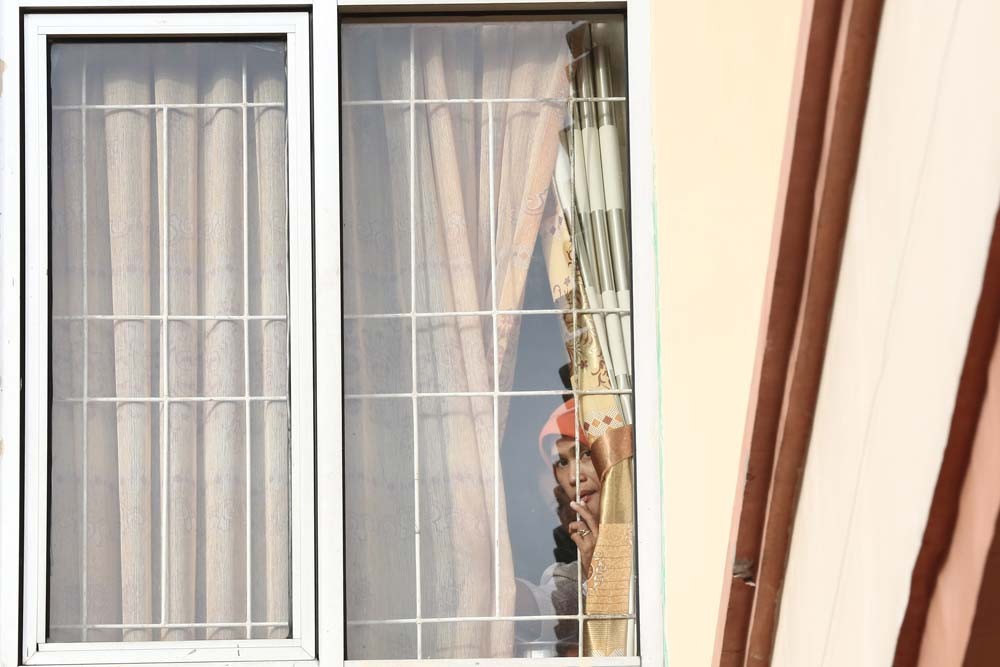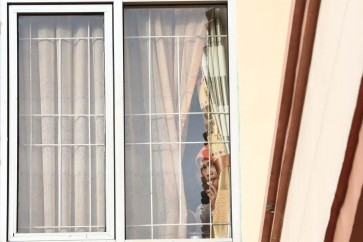Popular Reads
Top Results
Can't find what you're looking for?
View all search resultsPopular Reads
Top Results
Can't find what you're looking for?
View all search resultsThink tank urges repatriation of Indonesian children as threats of IS rebirth loom in Syrian camps
In a report released on Tuesday, the think tank argued that repatriation remained a nonpriority "for anyone in government", urging the authorities to begin with identifying vulnerable groups, such as children, given that they could face threatening conditions and further radicalization in the camps.
Change text size
Gift Premium Articles
to Anyone
T
he Institute for Policy Analysis of Conflict (IPAC) has called for the government to begin assessing and creating policies for the swift repatriation of Indonesian Islamic State (IS) movement sympathizers stranded at Kurdish-run camps in war-torn Syria amid fears of intimidation of vulnerable groups and growing activities of the notorious militant group.
In a report released on Tuesday, the think tank argued that repatriation remained a nonpriority "for anyone in government", urging the authorities to begin with identifying vulnerable groups, such as children, given that they could face threatening conditions and further radicalization in the camps.
“There’s no need to wait for an all-encompassing policy to begin to bring back those most at risk. The government doesn’t have to decide what to do about 200 people – it can start with five or 10,” IPAC director Sidney Jones said in a statement on Tuesday.
IPAC argues the government should follow other countries by bringing home small groups of children to lay the groundwork for repatriation, rehabilitation and reintegration pilot programs while postponing any decision about some of the adults who pose higher risks upon returning.
The report notes that in June, Norway repatriated five orphans, France 12 and the Netherlands two children. With the help of an aid agency, Australia had also brought home eight children. Belgium, meanwhile, had repatriated 21 children as of June and was planning to repatriate all children who were Belgium nationals.
Numbers remain vague on Indonesian IS sympathizers, who are mostly women and children and stranded at the camps after the militant group lost its grip in Syria in March. The same also applies to male adults detained in prisons after surrendering to Kurdish militias.
The Office of the Coordinating Political, Security and Legal Affairs Minister estimated the number at 120 women and children, with officials noting that at least 50 people had taken refuge at the overcrowded Al-Hol camp in Al-Hasakah. A Kurdish television channel discovered in February eight orphans in the camp, the oldest being 15 years old.


















